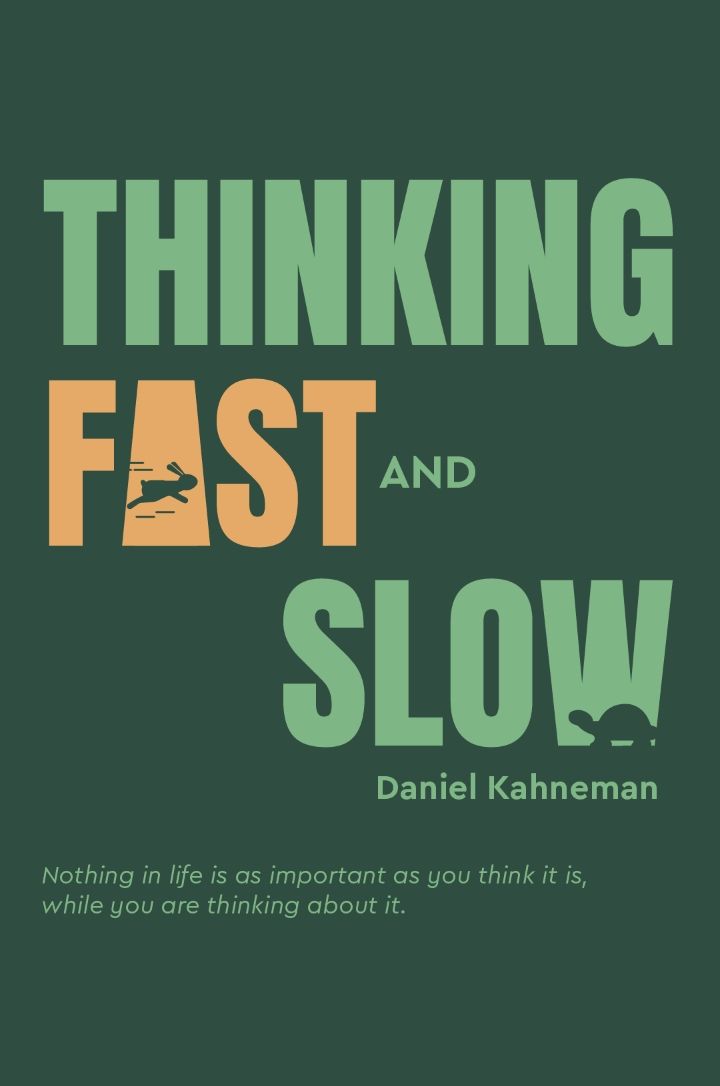Audio available in app
Duration neglect affects how we remember experiences from "summary" of Thinking, Fast and Slow by Daniel Kahneman
The human mind has a tendency to overlook the duration of experiences when recalling them. This phenomenon, known as duration neglect, means that people's memories of past events are not influenced by how long they lasted. Instead, our recollection is based on the peak moments of the experience and how it ended. For instance, if you reflect on a vacation you took, you are likely to remember the best parts of the trip and how it concluded, rather than the total number of days you were away. The duration of the vacation is not a significant factor in shaping your memories of the experience. This can lead to discrepancies between how we actually felt during an event and how we remember feeling about it later on. Duration neglect can have a powerful imp...Similar Posts

It's important to prioritize what truly matters in life
In life, we are often bombarded with various responsibilities, distractions, and expectations that can easily cloud our judgmen...
Our brain processes emotions differently based on context
The way our brain processes emotions can vary depending on the context in which they arise. This means that the same emotion mi...
We make choices that often defy rational reasoning
Human beings have a remarkable ability to make choices that are often puzzling to outsiders, and sometimes even to themselves. ...
Create a daily schedule to maximize productivity
To maximize productivity, it is essential to create a daily schedule that outlines the tasks and activities you need to accompl...

Mood shapes our experience of the world
In our everyday encounters with the world, we are always already situated within a particular mood. This mood is not just a fle...
Stress can impair our judgment
Our ability to make sound decisions can be compromised by stress. When we are under pressure, our brains can become overwhelmed...

Reference points influence our choices
Our choices are often influenced by reference points that we use as benchmarks. These reference points can be anything from pre...
Simplify your life for greater clarity and focus
In our fast-paced modern world, it's easy to become overwhelmed by the constant demands on our time and attention. We are bomba...
Mental dispositions are not hidden qualities
According to Gilbert Ryle, mental dispositions are not hidden qualities that lie beneath the surface of our actions. Instead, t...
Rational decisionmaking requires systematic analysis
Systematic analysis is essential for making rational decisions. This means breaking down a problem into smaller components and ...
